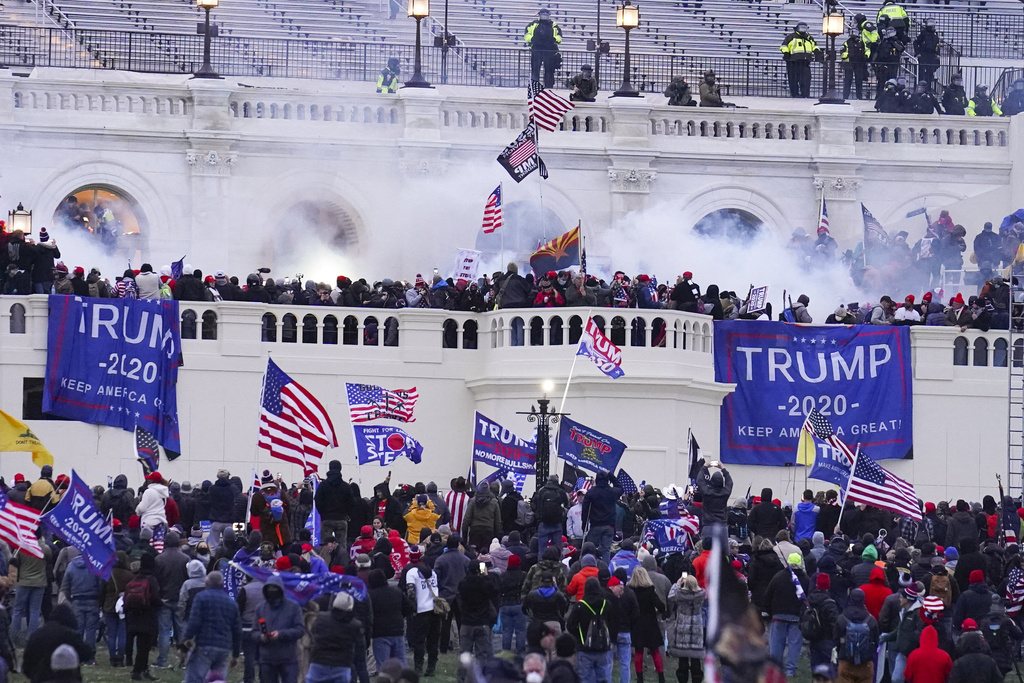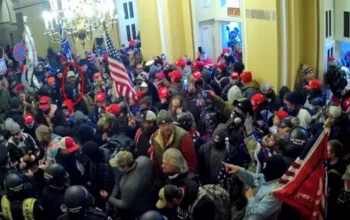The recent decision by the US Supreme Court to review Fischer v. United States – a case that experts say could weaken prosecutors’ hands in hundreds of Jan. 6 cases, including former President Donald Trump’s – is already causing some disruption in sentencing.
In December, the Supreme Court agreed to take up an appeal by Jan. 6 defendant Joseph W. Fisher of the Biden administration’s use of an Enron-era evidence-tampering law to prosecute several hundred people for obstruction of Congress during the Jan. 6, 2021 Capitol incident. The most widely charged felony in Jan. 6 cases is the obstruction of Congress charge, carrying a sentence of up to 20 years in prison.
The DOJ has been using an evidence-tampering provision found in the Sarbanes-Oxley Act to prosecute defendants for obstructing Congress based on 18 U.S. Code Section 1512(c)(2), which Fisher challenged, claiming that it does not prohibit his alleged conduct on Jan. 6. A district court agreed, but the US Court of Appeals reversed the decision, siding with a broader understanding of the provision that it applies to other forms of obstructive conduct, not just related to investigations and evidence.
Several legal experts have said that the Supreme Court is likely to find that 1512(c)(2) was improperly used against Jan. 6 defendants. If successful, the challenge could have far-reaching consequences, potentially overturning felony convictions and erasing some charges, including against Trump, and extending beyond individual cases to the DOJ’s strategy in securing convictions.
Several Jan. 6 defendants have asked judges to pause their trials and sentencing proceedings pending the outcome of the Fischer appeal since the Supreme Court agreed to take it up. John Strand, a former underwear model convicted of obstructing Congress on the basis of 1512(c)(2), filed a motion for release pending the Fischer appeal and a motion for the reduction of sentence using the zero-point offender guideline, which gives defendants with no criminal history two extra points off their sentencing calculations. The DOJ contends that the zero-point offender guideline does not apply to Jan. 6 defendants, with some exceptions for violent crimes.
Mr. Strand’s motion singled out the obstruction charge, his sole felony conviction. He claims that “a substantial question exists as to whether the statute underlying Strand’s sole felony conviction, 18 U.S.C. § 1512(c)(2), applies to his conduct on Jan. 6, 2021, in light of the Supreme Court’s recent decision to grant certiorari in United States v. Fischer.” Other Jan. 6 defendants have been released on a similar basis, including Dominic Pezzola, a member of the far-right group Proud Boys and one of the first to breach the Capitol, sentenced to five years in prison, who was temporarily freed on bond.

















